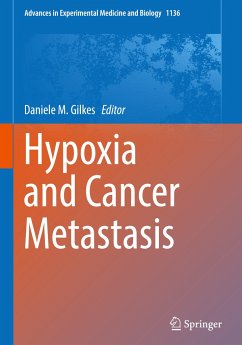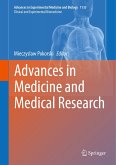The present book is an attempt to provide a detailed review of studies that clarify our current understanding of the role of hypoxia in the progression of primary cancer to metastatic disease. It will enable researchers to discover the critical cellular changes that occur under hypoxic conditions and play a role in metastatic dissemination, from the activation of hypoxia-inducible factors, HIF-1 and HIF-2, to the transcriptional profile changes that occur in cancer cells and promote cancer cell survival under detrimental conditions.
Readers will discover the methods and challenges involved in imaging and quantifying the degree of hypoxia in a primary tumor. We will provide an understanding of the hypoxia-induced phenotypes that influence heterogeneity, alter the secretome and tumor microenvironment, modify cellular metabolism, and promote immune suppression and resistance to chemotherapy. Finally, we will uncover the therapeutic strategies that are being devised to target the hypoxic microenvironment in the hopes of preventing metastasis and improving the efficacy of standard-of-care cancer treatments.
This work is an up to date source of information on the challenges and complexity of the hypoxic tumor microenvironment. Basic and translational scientists, post-doctoral fellows, graduate students, and those interested in how tumors metastasize will find this book a reference that details how hypoxia influences metastatic disease.
Readers will discover the methods and challenges involved in imaging and quantifying the degree of hypoxia in a primary tumor. We will provide an understanding of the hypoxia-induced phenotypes that influence heterogeneity, alter the secretome and tumor microenvironment, modify cellular metabolism, and promote immune suppression and resistance to chemotherapy. Finally, we will uncover the therapeutic strategies that are being devised to target the hypoxic microenvironment in the hopes of preventing metastasis and improving the efficacy of standard-of-care cancer treatments.
This work is an up to date source of information on the challenges and complexity of the hypoxic tumor microenvironment. Basic and translational scientists, post-doctoral fellows, graduate students, and those interested in how tumors metastasize will find this book a reference that details how hypoxia influences metastatic disease.








